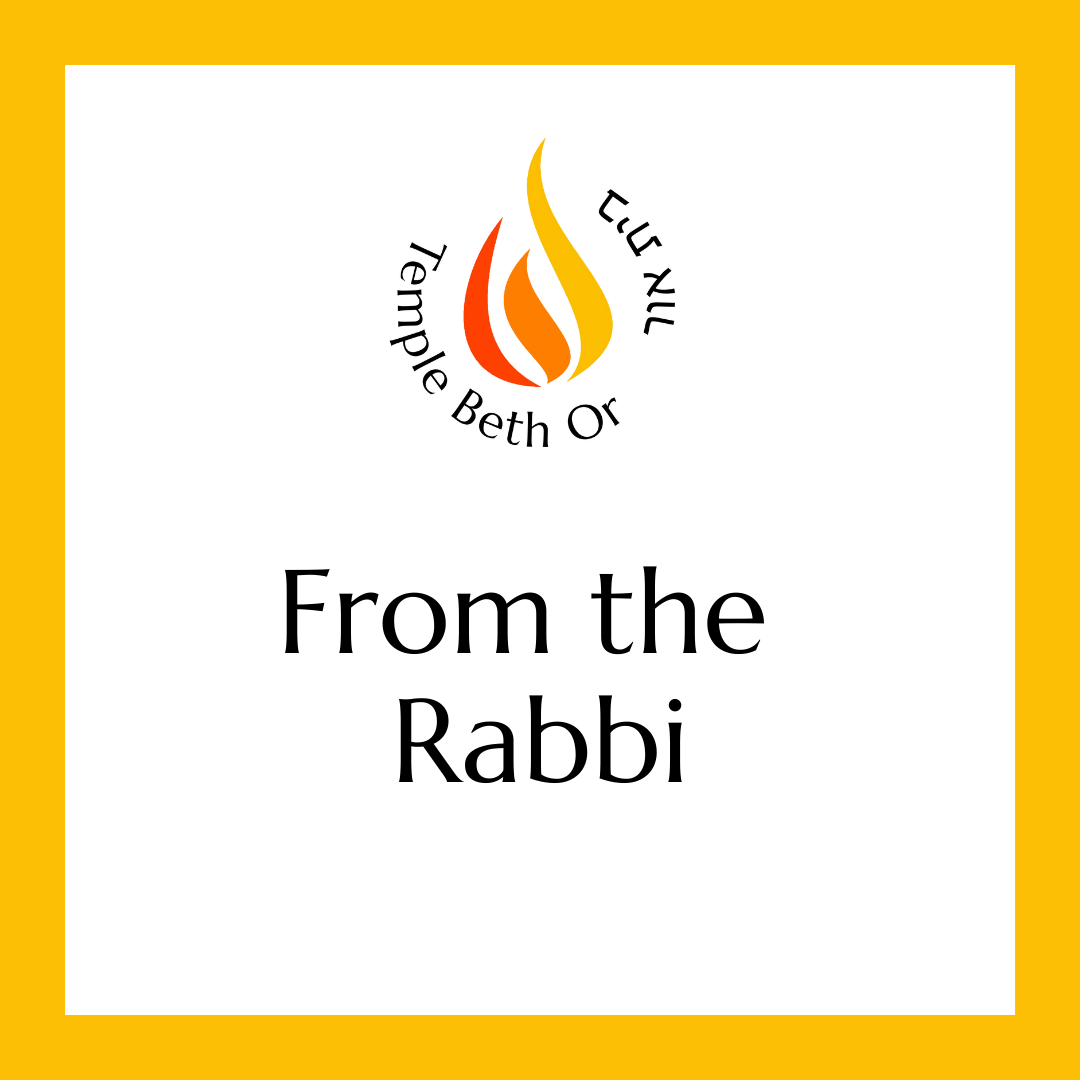D’var Torah by Ellis Engbar
We have almost reached end ofВ Exodus.В Usually Vayakhel is joined with Pekudei and they make up the last chapter, but not this year, so we have one more parsha to go. В This Shabbat, not only do we study Vayakhel, it is also Shabbat Shekelim.В Shabbat Shekalim is the first of four special Shabbatot leading up to Pesach.
Jews in the Torah were not counted in the usual fashion. They each provided a half-shekel and these shekels (or sheckalim) were counted. Then the shekels were used for the maintenance of the Mishkan. Many people applaud this form of “equality”. A shekel is actually a measurement and the rabbis said this made everyone equal in the way they counted or are measured in the community and share equal standing in support of the Mishkan. This sounds lovely but the reality is, those shekels, symbolically, have different weights. For some people they weigh almost nothing. A half shekel does not even get counted in their budget while for others, every half shekel must be counted and accounted for.
In last week’s parsha, Ki Tisa, the incident of the golden calf and its resulting mayhem has been resolved, Moses has returned from the mountain with a new set of commandments and Vayakhel opens with the beginnings of building the Mishkan, the place where God will reside with the people and where we will store the commandments.
As with building any home, God secures financing and chooses a contractor.В The mishkan is the original crowd sourcing.В God asks everyone whose heart is moved to do so to provide items needed for the construction of the house: gold, silver, bronze, precious colors of threads and stones and then if they know anyone who specializes in an aspect of building, get their business card.В Here we can probably acknowledge that if God makes a request, we are going to ask like our heart was moved.
God’s contractor is called by name, Bezalel, and subcontractor, Oholiab. Between the two they are imbued with a divine spirit of skill, ability and knowledge, in every kind of craft. Hard to find that on someone’s resume today but there are people we know who are gifted beyond just the ability to do something.  Whether it is drawing or baking or building or writing or praying, there are people who grab us in a different way, people who inspire or uplift us, who surprise us. Whether it be an art or a craft, we know people who through a touch, a song, words or beauty or kindness or warmth or wisdom or wit, bring us a touch of the divine. Unlike Torah times, we do not have individuals that have every kind of skill, ability and knowledge. But we do know groups of people who do. We share a mishkan with just such a group.
The combination of Shabbat Shekhalim and Vayakhel have me thinking of the mishkan building we are taking on and the lessons we might want to consider in our process.В Our mishkan, like the one in Vayakhel, is crowd sourced, and we are the crowd. How will we weigh our half shekels? I want to share a story about how I weigh mine.
When I was president there was a member who was paying dues of $5 per month.В She did not have enough money to have a checking account or a debit card.В В Each month she got on the bus for a trip to her bank.В Stood in line.В Filled out her withdrawal form, waited again, got her $5 bill and took the next bus to the temple.В She came in and paid her dues.В Every month, without fail.В If it was raining, if she was tired, if she missed a bus, if she was sick, if she had unexpected expenses for the month, she hand delivered her $5.В When I learned of this I learned that the same shekel can carry very different weights.В I believe the weight of her shekels was quite hefty.В Those shekels made me question every ounce of mine.В The numbers on my shekels might be higher, but they do not weigh more.В Ever since witnessing this I do my best to honor the weight of her giving.В If not the dollar amount then by the weight of mine.В To be honest, I often fall short.
I am assuming at some point each of us may be called upon to share an art or craft skill or ability for the actual building or beautifying our shared sacred space.В I have few of these skills.В I will show up just to discover if I might have a skill to which I have been previously unaware.В What a surprising divine gift that could be.В OrВ it could be my skill set is making sandwiches and mocktail mojitos to support those whose skills are more specific to the task.
I think now is the time to start measuring the weight of our shekels and looking for our divinely inspired abilities. As leadership coordinates and explains and explores, I believe we as individuals need to be doing the same. It is never easy to ask others for their time or their money. In fact, I believe being good at that is one of the divine skills not all of us have. I encourage everyone to start preparing for that moment, helping the conversations be comfortable and the results productive to everyone’s benefit. And with our attention, may we manifest divine time and create a divinely inspired, sacred space together.



